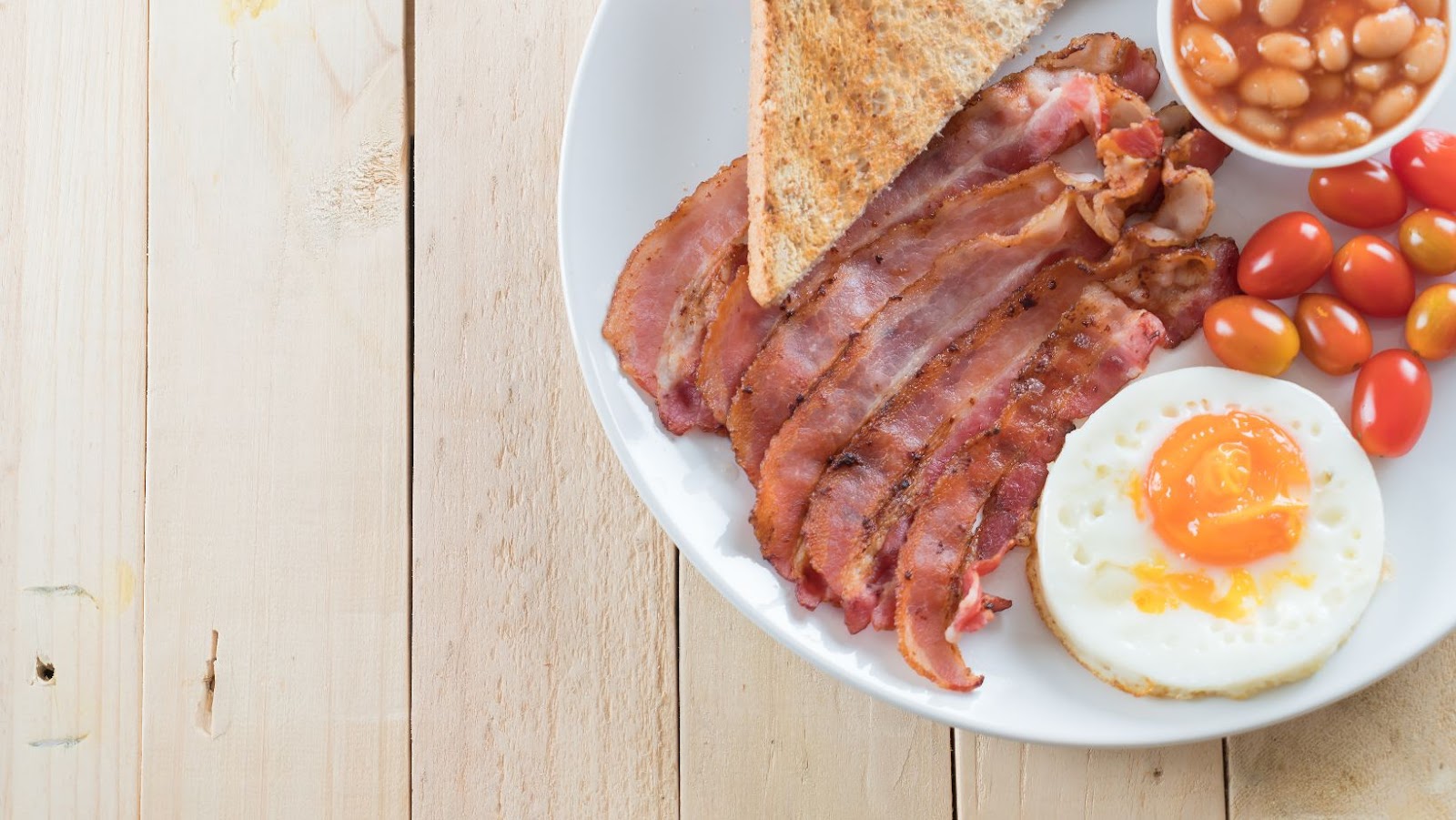Why You Should Eat Breakfast
Breakfast is a meal many of us skip. If you are one of those people, then you might be surprised to learn that eating a healthy breakfast does more than just give you energy.
We spoke to nutritionist Karen Reyes, Bachelor’s Degree in Clinical and Bariatric Nutrition who works with Be Slim Bariatrics, a scheduling facility for weight loss surgery in Mexico, for her opinion on eating breakfast. She told us:
“Eating a nutritious, low fat, high protein breakfast is critical to help to prevent blood sugar spikes, which can trigger cravings for high sugar and high carbohydrate foods.”
Here are 13 benefits of eating breakfast:
- Improves concentration
- Increases memory
- Boosts mood
- Improves problem-solving abilities
- Helps you to maintain a healthy weight
- Lowers blood cholesterol levels
- Reduces the risk of heart disease
- Reduces the risk of colon cancer
- Regulates insulin (blood sugar) levels
- Reduces the risk of type 2 diabetes
- Kick-starts your metabolism
- Helps to control your appetite
- Increases your vitamin, mineral, and fiber intake
What Is the Best Time to Have Breakfast?
Research has indicated that you should have 14 hours of not eating between dinner and breakfast.
This means the ideal time to have breakfast will depend on when you eat dinner. For example, if you eat at 8 pm, the best time to have breakfast is 10 am.
A study into 14-hour fasting was published in Cell Metabolism. The author, Dr. Pam Taub, a cardiologist at the University of California, San Diego’s School of Medicine, said, “When you go into a fasting state, you start to deplete the glucose stores in your body, and you start to use fat as your energy source,”
Why Eating Breakfast May Help You to Lose Weight
Research indicates people who eat breakfast find it easier to lose weight. This could be because eating breakfast prevents fluctuations in your blood glucose levels, which helps to regulate your appetite. One study of 50 thousand people into how breakfast can affect your weight demonstrated that people who eat a large breakfast significantly reduced their body mass index (BMI).
What Are the Best Types of Breakfast?
It can be hard to find time for breakfast, so it’s worth trying to have something prepared so you can literally just eat. Also, have some options to eat on the go — just in case!
Here is some inspiration for five quick high-protein, low-fat, and low-sugar breakfast ideas:
Fast Oatmeal
● Stir 150ml milk (unsweetened almond milk is great if you’re vegan) into 35g of plain rolled oats.
● Cook in a microwave on high for two minutes and stir.
● Cook again for 30 seconds. If the porridge is too thick, add a little more milk and stir until it’s the right consistency.
● Add some protein with 1/2 a cup of Greek yogurt or 1/2 a scoop of whey protein powder
● To sweeten, add a few drops of vanilla essence.
● Finish off with chopped banana or a tablespoon of mixed chopped nuts. (you can buy them in a bag ready to use)
Tasty Whole Wheat Bread
● Two pieces of plain wholewheat bread
● Serve toasted or untoasted.
● Top with two teaspoons of hummus or 100% peanut or almond butter
Whole Wheat Pita bread
● Take two plain wholewheat pitta breads, one poached or boiled egg, and one teaspoon of hummus or half a crushed avocado.
● Fill the pitta breads with the hummus or avocado, then top with the egg.

Smoothie
● Take half a pint of semi-skimmed dairy or unsweetened almond, soy, rice, or coconut milk, half a banana, half an avocado, and 1/2 cup of frozen berries and a quarter of a large avocado.
● Blend till smooth
Yogurt
● Greek yogurt (coconut or soy yogurt is great if you’re vegan).
● Add a couple of stevia drops or a couple of drops of vanilla essence to sweeten.
● Finish with a tablespoon of mixed chopped nuts.
Summary
The majority of research into the effects of eating a nutritious breakfast indicates that there are numerous health benefits. This research has also shown that the time you eat breakfast, the time between dinner and breakfast, and the food you eat at breakfast, all contribute to increasing the health benefits of your first meal of the day.




























































